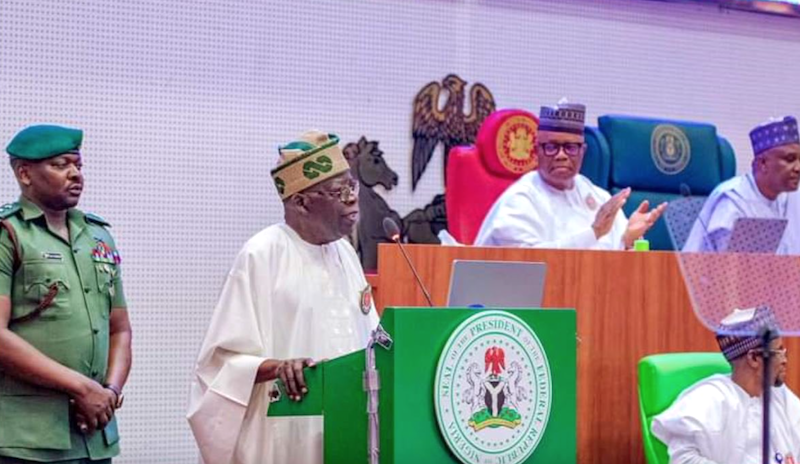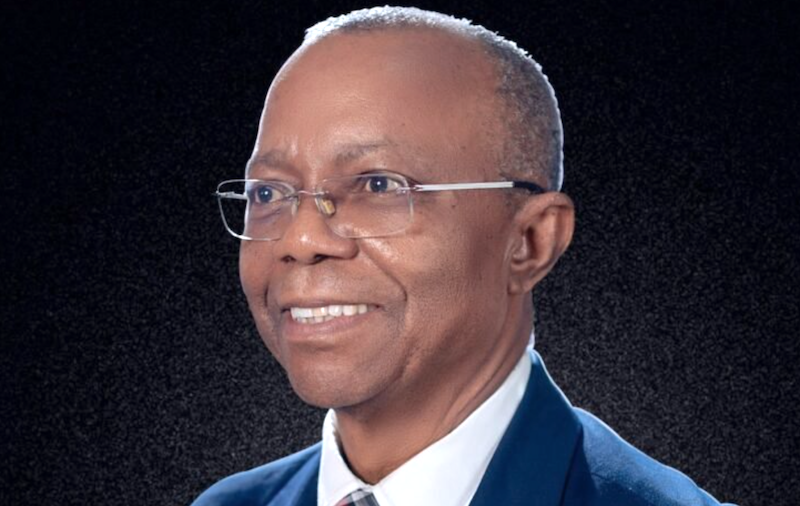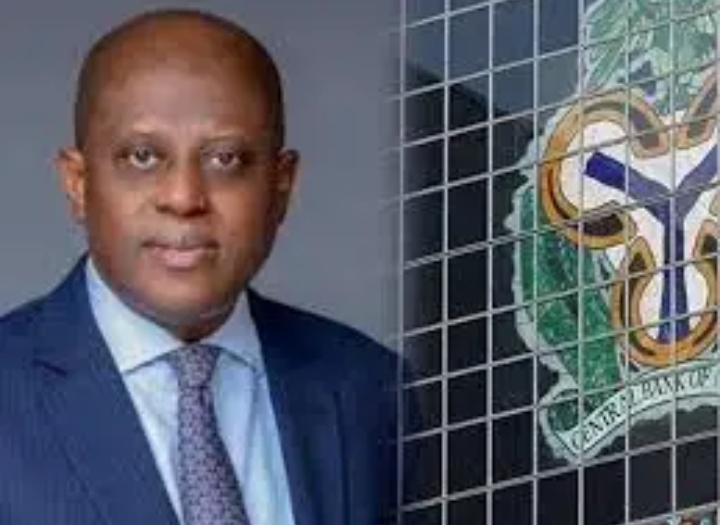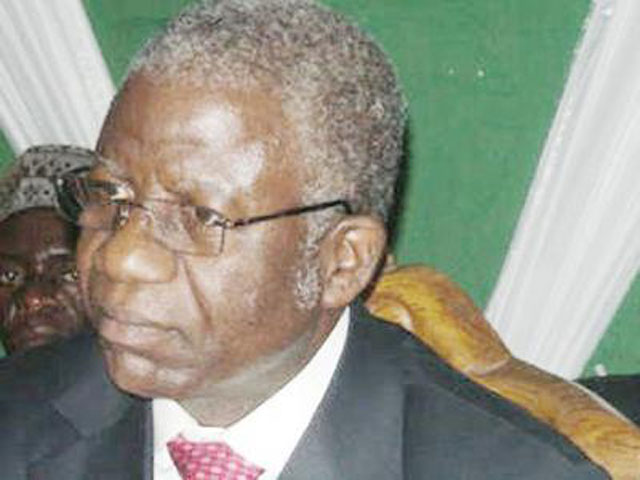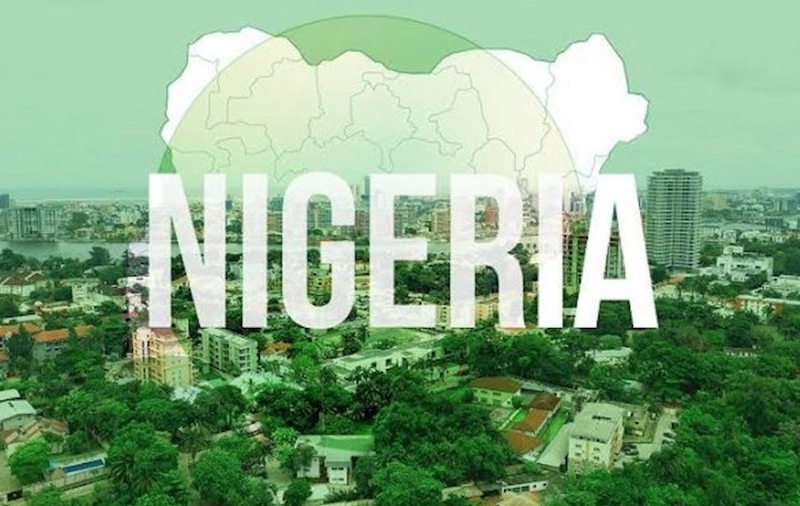The Lagos Chamber of Commerce and Industry (LCCI) says President Bola Tinubu’s Democracy Day speech reflects an ambitious and optimistic vision for Nigeria.
In a statement in Lagos on Thursday, the Director-General of LCCI, Dr Chinyere Almona, said the speech showed government’s appreciation of democracy, economic development, security and social cohesion.
Almona said that the President’s focus on economic growth, improving security, and increasing funding for education, healthcare, and infrastructure promised improved economic performance in the near future.
“We join all Nigerians to celebrate the peaceful transition and commitment to democratic values in the past 26 years.
“A stable political environment is very crucial for business success and for attracting investments.
“Government must stay committed to executing all its proposed programmes and ongoing reforms to ensure Nigerians reap the benefits of democracy without further delay,” she said.
The director-general also urged the government to ensure clear and consistent communication about economic reforms and policies to businesses and the general public.
This, she stated, would reduce uncertainty, build confidence and establish transparent mechanisms for tracking and reporting progress made through reforms.
Almona also called for targeted support for businesses to reduce their cost burdens relating to energy, logistics and regulatory compliance.
She said that LCCI recommended non-cash interventions that could ease the harsh production environment.
Almona also advocated expansion of social safety net programmes to support households affected by high living costs and inflation.
She also called for a more collaborative environment among government, businesses, the civil society and labour unions to ensure fair and timely negotiations on wages and working conditions.
She said that the government must implement programmes that would support strategic sectors pivotal to job creation, tax revenues and infrastructure development.
According to her, the oil and gas, power, and agriculture sectors require special attention as they offer catalytic support to the economy.
“As Nigeria reflects on the progress made and the path ahead, we urge government to remain steadfast about implementing all the required reforms toward a more sustainable and resilient economy.
“We call on government to work toward a nation built on the rule of law, justice and social cohesion even in our diversity and political sophistication,” she said.
